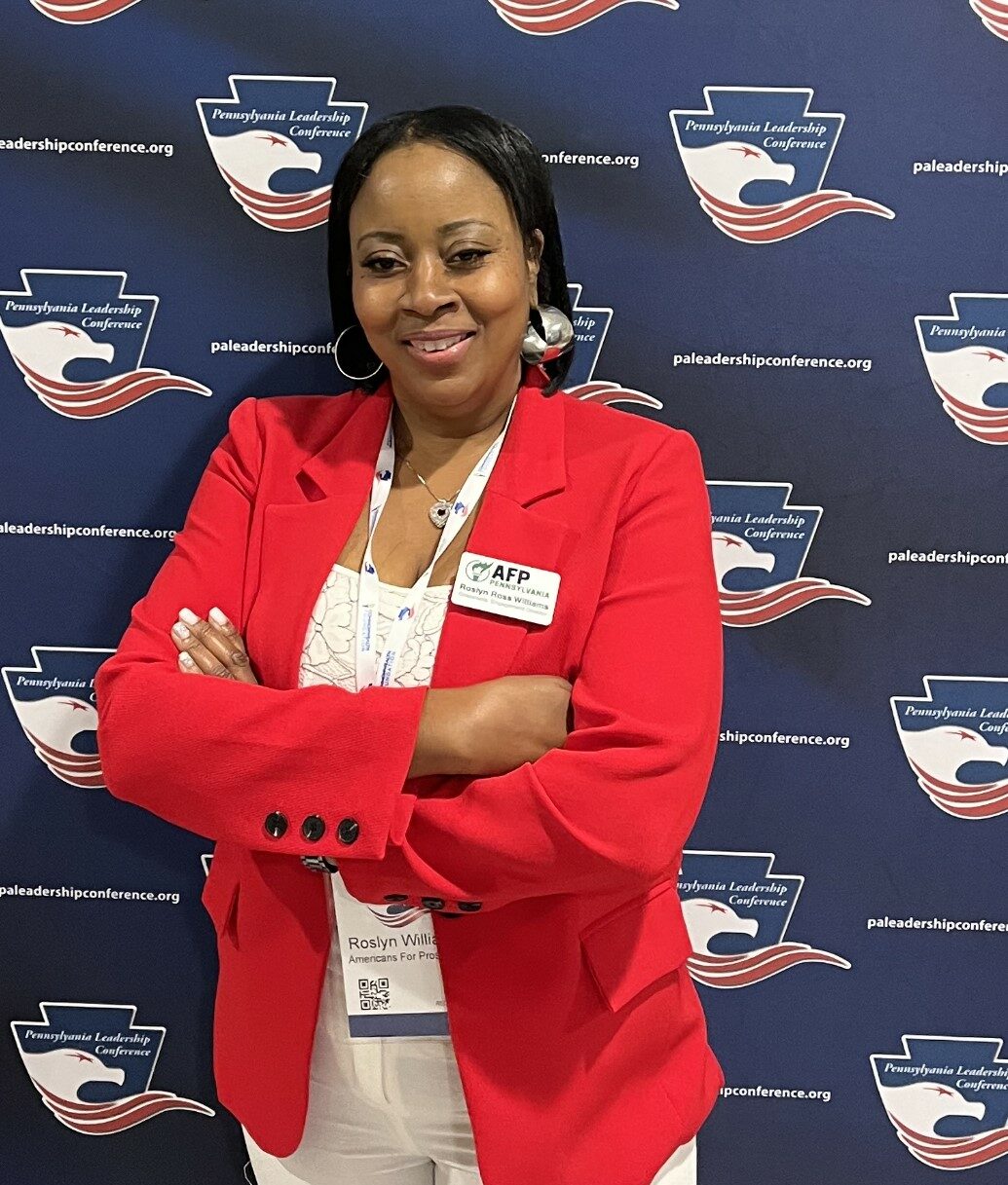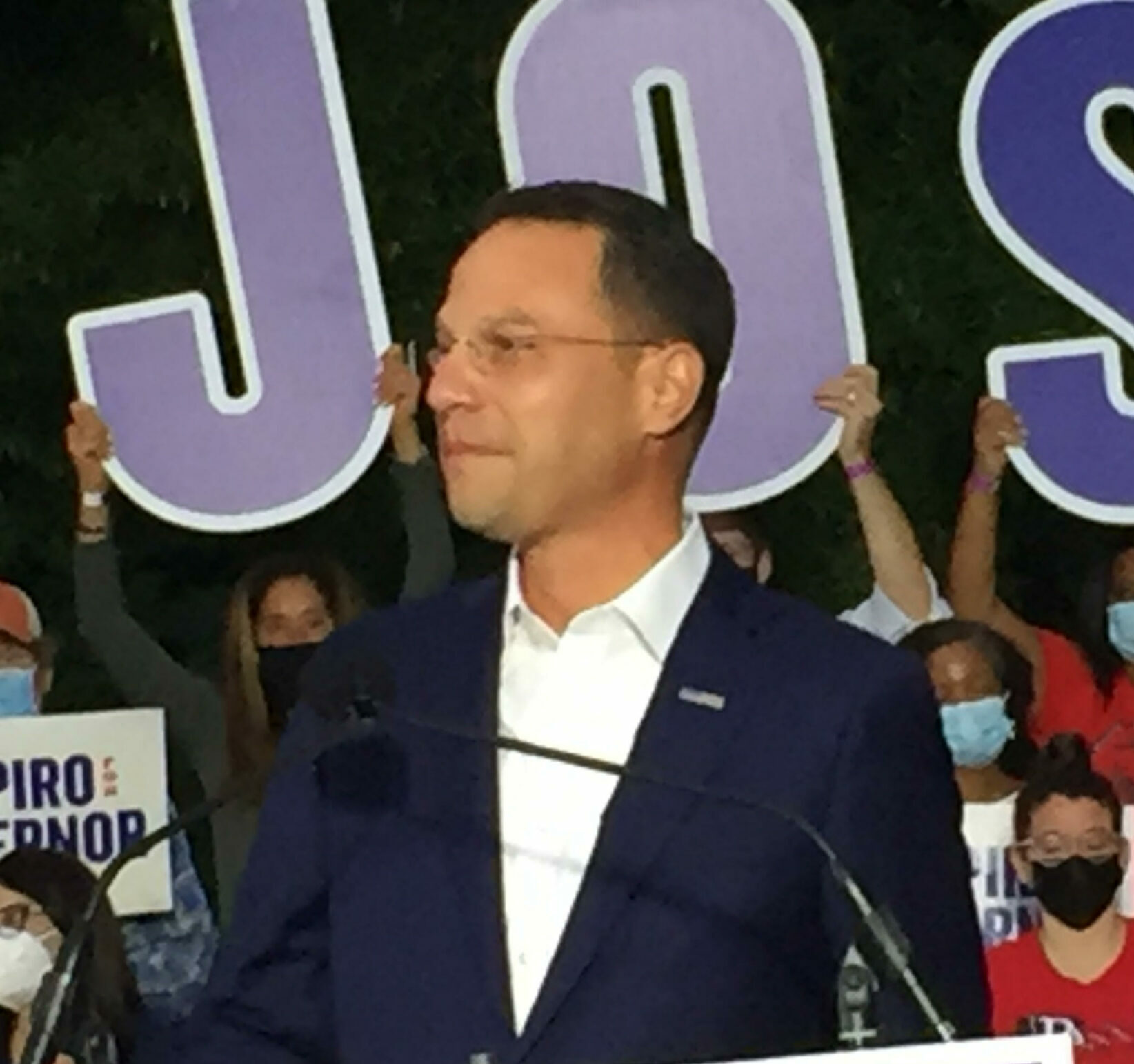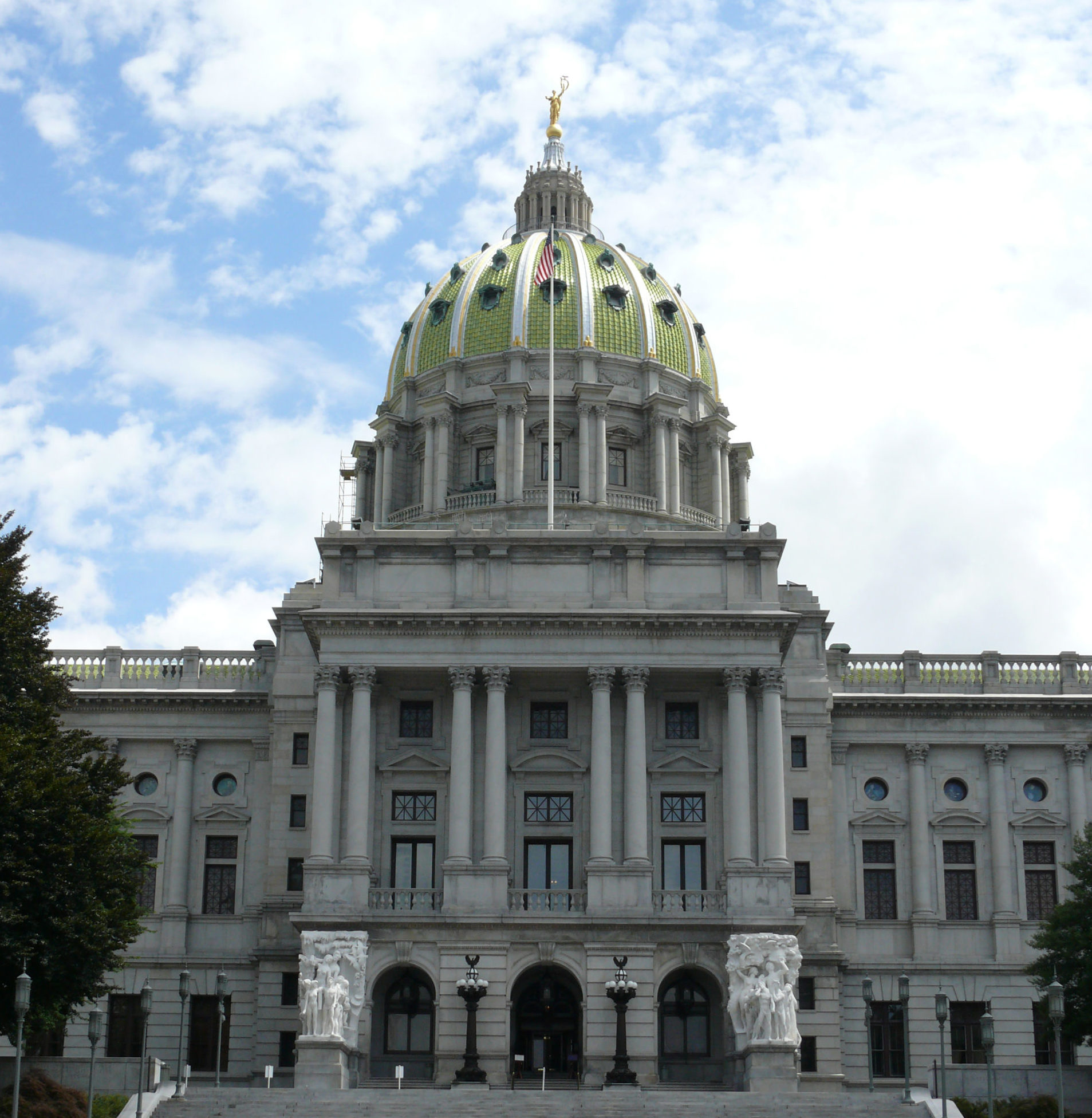The Pennsylvania budget is, once again, late. Budget negotiations have come to a standstill over one issue: bailing out the Southeastern Pennsylvania Transportation Authority (SEPTA). So, who is derailing negotiations? Who is to blame for this political stalemate? Unfortunately, we have several culprits. First and foremost, the budget impasse started with Gov. Josh Shapiro. Last […]










